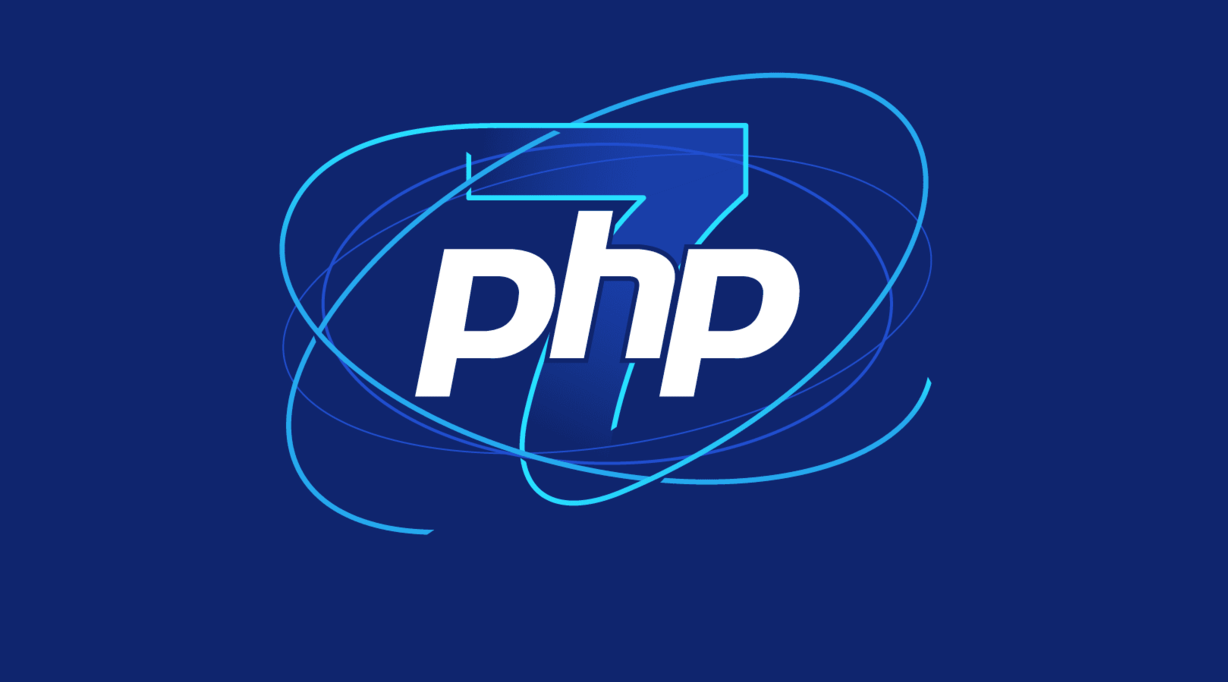To install PHP 7.4 on Debian 12, you need to add a third-party repository because PHP 7.4 is not available in the default Debian 12 repositories (which typically include newer versions of PHP). Here’s a step-by-step guide:
Step 1: Update Your System
Before installing any new software, update your system to ensure all existing packages are up to date.
sudo apt update && sudo apt upgrade -yStep 2: Add a Third-Party Repository for PHP 7.4
Debian 12 does not include PHP 7.4 in its default repositories, so you need to add a third-party repository like deb.sury.org (maintained by Ondřej Surý).
Install the required dependencies
sudo apt install -y lsb-release ca-certificates apt-transport-https software-properties-common curlAdd the repository
curl -sSL https://packages.sury.org/php/README.txt | sudo bash -xUpdate the package list
sudo apt updateStep 3: Install PHP 7.4
Now that the repository is added, you can install PHP 7.4.
Install PHP 7.4
sudo apt install -y php7.4Install additional PHP 7.4 modules (optional but recommended)
sudo apt install -y php7.4-cli php7.4-fpm php7.4-common php7.4-mysql php7.4-curl php7.4-gd php7.4-mbstring php7.4-xml php7.4-zipStep 4: Verify the Installation
Check the installed PHP version to confirm the installation was successful.
php -vYou should see output similar to:
PHP 7.4.x (cli) (built: ...)Step 5: Configure PHP (Optional)
If you installed php7.4-fpm, you may want to configure it for use with a web server like Nginx or Apache.
Edit the PHP-FPM configuration file
sudo nano /etc/php/7.4/fpm/php.iniRestart PHP-FPM after making changes
sudo systemctl restart php7.4-fpmStep 6: Set PHP 7.4 as the Default PHP Version (Optional)
If you have multiple PHP versions installed and want to set PHP 7.4 as the default, use the update-alternatives command.
Set PHP 7.4 as the default CLI version
sudo update-alternatives --set php /usr/bin/php7.4Verify the default PHP version
php -vStep 7: Remove the Repository (Optional)
If you don’t plan to use the third-party repository for other purposes, you can remove it to avoid potential conflicts.
Remove the repository
sudo rm /etc/apt/sources.list.d/php.listUpdate the package list
sudo apt updateNotes:
- Security: PHP 7.4 reached its end of life (EOL) on November 28, 2022, and no longer receives security updates. It is recommended to use a supported version of PHP (e.g., PHP 8.x) if possible.
- Compatibility: Ensure that your applications are compatible with PHP 7.4 before using it in production.
By following these steps, you should have PHP 7.4 successfully installed on Debian 12.



Deixe um comentário